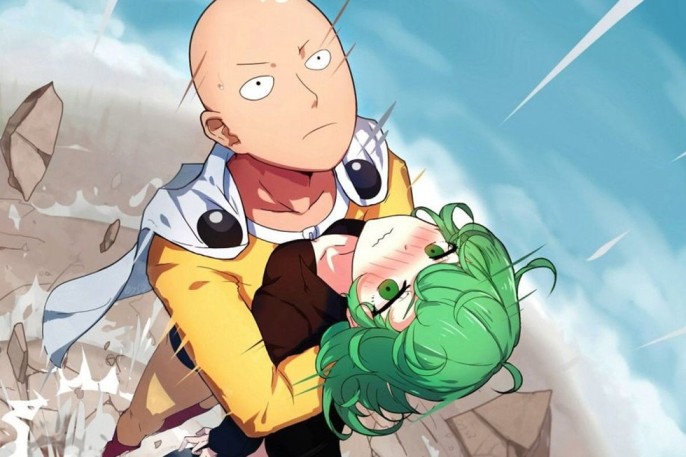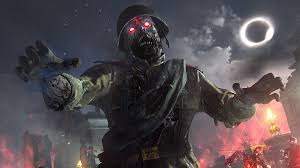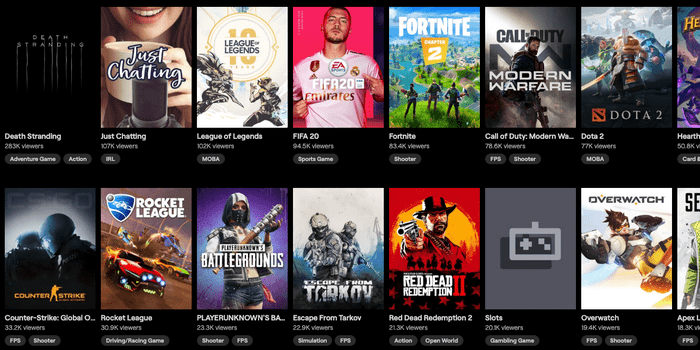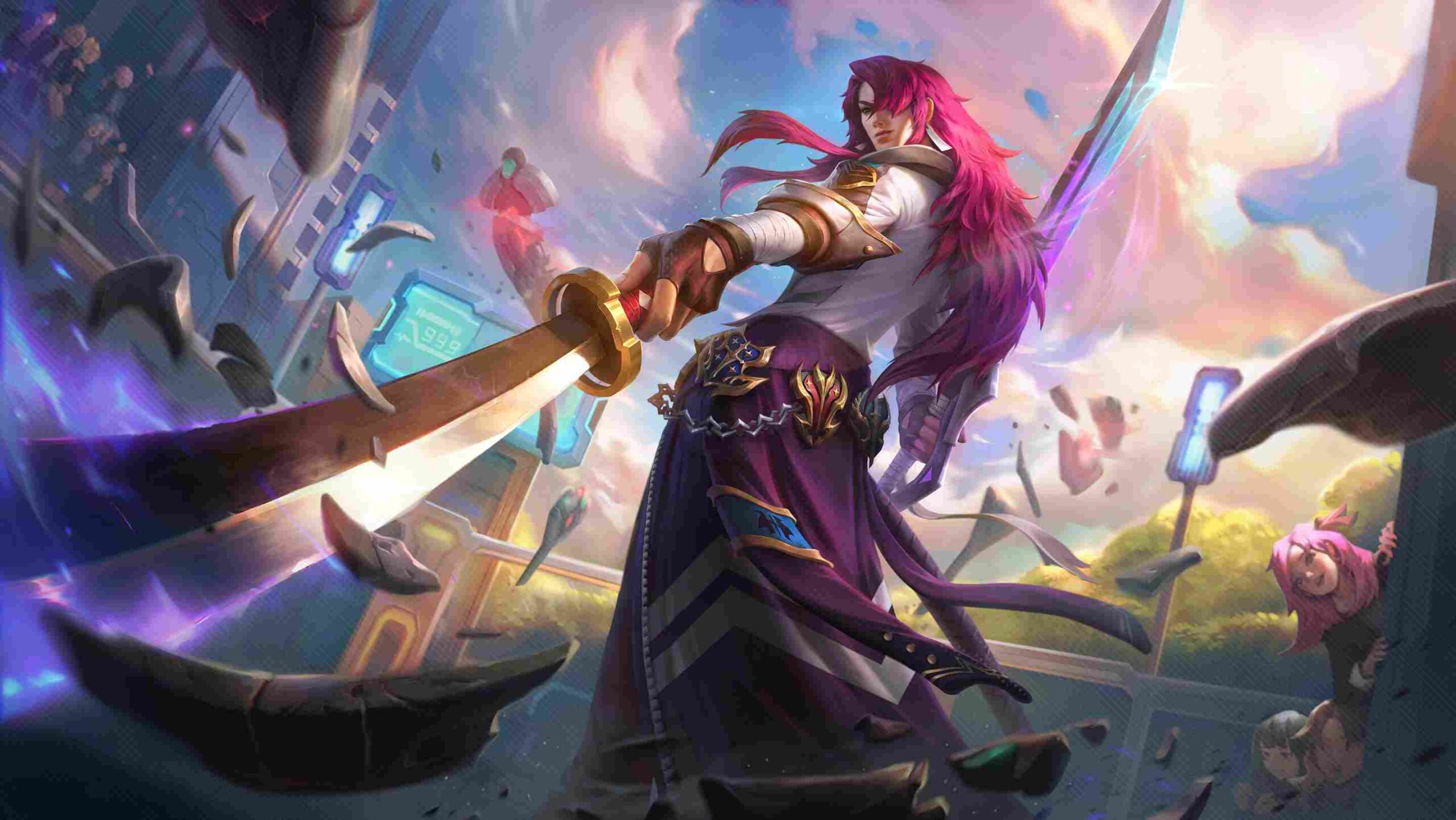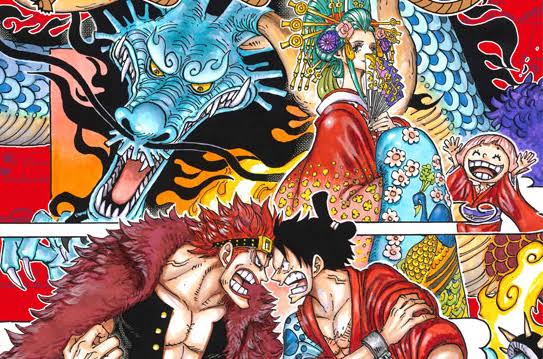5 Reasons Why American Animated Series Can’t Overtake Anime And Manga
In recent years, there has been a significant surge in the popularity of anime and manga, both in Japan and across the globe. One of the key factors behind this phenomenon is the unique appeal that anime and manga offer, which often sets them apart from American animated series. This article will explore five compelling reasons why anime and manga continue to dominate the hearts of audiences, leaving American animated series struggling to catch up.
1. Diverse Range of Themes and Genres
Anime and manga encompass an extensive spectrum of themes and genres, catering to diverse tastes and preferences. From action-packed adventures to heartwarming romances and side-splitting comedies, there’s something for everyone in the world of anime and manga. This inclusivity allows people of all ages, genders, and interests to find stories that resonate with them. Conversely, American animated series often fall into predictable patterns, relying on familiar tropes and storylines, limiting their ability to offer the same level of diversity found in anime and manga.
2. Visual Aesthetics and Artistic Quality
The stunning visual aesthetics and artistic quality of anime and manga are unparalleled in the realm of animated entertainment. Characters are meticulously drawn, exhibiting realistic details and emotive expressions, while the vibrant and captivating backgrounds transport viewers to imaginative worlds. On the other hand, American animated series occasionally suffer from limited budgets and time constraints, leading to less refined animation and a more cartoonish style that may not fully engage audiences.
3. Emotional Depth and Complexity
Anime and manga often delve into intricate and profound themes, exploring the depths of human emotions such as love, loss, and existential dilemmas. These works have the power to evoke genuine emotional responses from viewers, fostering a deep connection between the audience and the characters. In contrast, American animated series, though enjoyable, tend to prioritize lighter and more straightforward narratives, missing the opportunity to create a profound emotional impact.
4. Cultural Relevance and Global Appeal
Anime and manga often serve as reflections of contemporary Japanese culture, customs, and societal trends. This cultural authenticity not only resonates with Japanese audiences but also intrigues viewers from different cultural backgrounds who seek a window into Japan’s unique ethos. As a result, anime and manga have found a global fanbase, transcending borders and languages. In contrast, American animated series often remain rooted in American-centric themes, which may limit their universal appeal and struggle to connect with audiences worldwide.
5. Enhanced Accessibility
Advancements in technology have made anime and manga more accessible than ever before. Numerous streaming platforms offer a vast library of anime and manga titles, allowing fans to enjoy their favorite content with ease. Online communities further foster a sense of belonging and allow enthusiasts to share their passion. In contrast, American animated series are often bound to traditional television networks, requiring cable or satellite subscriptions, which can hinder wider accessibility and engagement.
The soaring popularity of anime and manga can be attributed to their diverse themes, visually captivating animation, emotionally engaging storytelling, cultural relevance, and enhanced accessibility. While American animated series possess their own appeal, they have yet to match the multifaceted allure that anime and manga present to a global audience.
As the world continues to embrace the artistry and storytelling prowess of anime and manga, it appears unlikely that American animated series will overtake their Japanese counterparts in popularity anytime soon. The unique and immersive experiences offered by anime and manga have forged an enduring connection with fans worldwide, solidifying their position as an influential and cherished form of entertainment in the hearts of millions.



